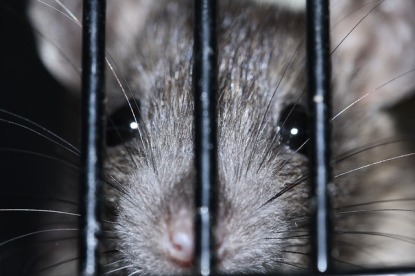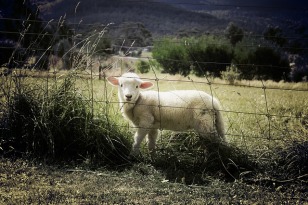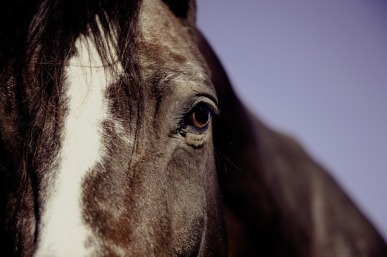 Animal testing is one of the most controversial and misjudged of all animal rights issues. Since the medical and scientific benefit to human is so great, opposing animal experimentation is regarded as heresy, as though one doesn’t care about human suffering.
Animal testing is one of the most controversial and misjudged of all animal rights issues. Since the medical and scientific benefit to human is so great, opposing animal experimentation is regarded as heresy, as though one doesn’t care about human suffering.
As it turns out, dropping animal testing as a practice could not only clear society’s conscience, but consumer safety and scientific progress may potentially be better off without it.
Animal testing is one of the darkest ways in which we exploit animals. It is the reduction of individuals into objects – objects to be used for the benefit of the dominant species.
This is a tremendous abuse of power – we mutilate, weaken and kill innocent beings to further our own species’ longevity. If someone said that you can prosper, but to do so you must take advantage of, and physically main and mentally injure another, we would say no, that is unethical.
But don’t you care about human suffering?
Opposition to animal experimentation is quickly reduced to this simple, narrow argument: “Stopping animal testing would hinder the development of medicine and science, which would harm humanity considerably.”
This line of thinking misses the big picture. Animal rights advocates recognise that no matter how desperately we want human medicine to advance, no matter how much we want to reduce human suffering, there is a moral limit to the methods we use to achieve this. Those who believe that other animals deserve not to be tormented and suffer in the name of medical progress care just as much about human suffering, however they recognise that the moral cost of animal experimentation is too high a price to pay. We cannot choose to ignore the injustice and harm caused to animals who are imprisoned and sacrificed on our behalf, just because we happen to benefit.




 The general consensus in the minds of humans is that we alone possess true emotion and that our empathy is more distinct, more genuine that the same empathy observed in fellow animals.
The general consensus in the minds of humans is that we alone possess true emotion and that our empathy is more distinct, more genuine that the same empathy observed in fellow animals. For all those who currently consume dairy products, as a meat-eater or vegetarian, let us for a moment consider the plight of the beautiful cow, Bos taurus. Vegetarians abhor the idea of eating meat, but have yet to truly acknowledge that the dairy industry inherently contains just as much, if not more suffering than animals exploited for meat.
For all those who currently consume dairy products, as a meat-eater or vegetarian, let us for a moment consider the plight of the beautiful cow, Bos taurus. Vegetarians abhor the idea of eating meat, but have yet to truly acknowledge that the dairy industry inherently contains just as much, if not more suffering than animals exploited for meat.

